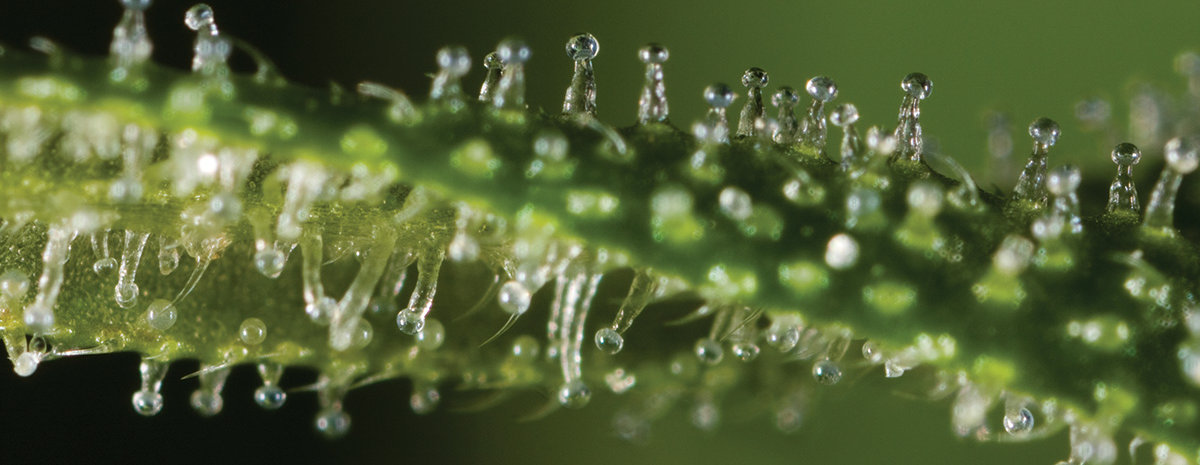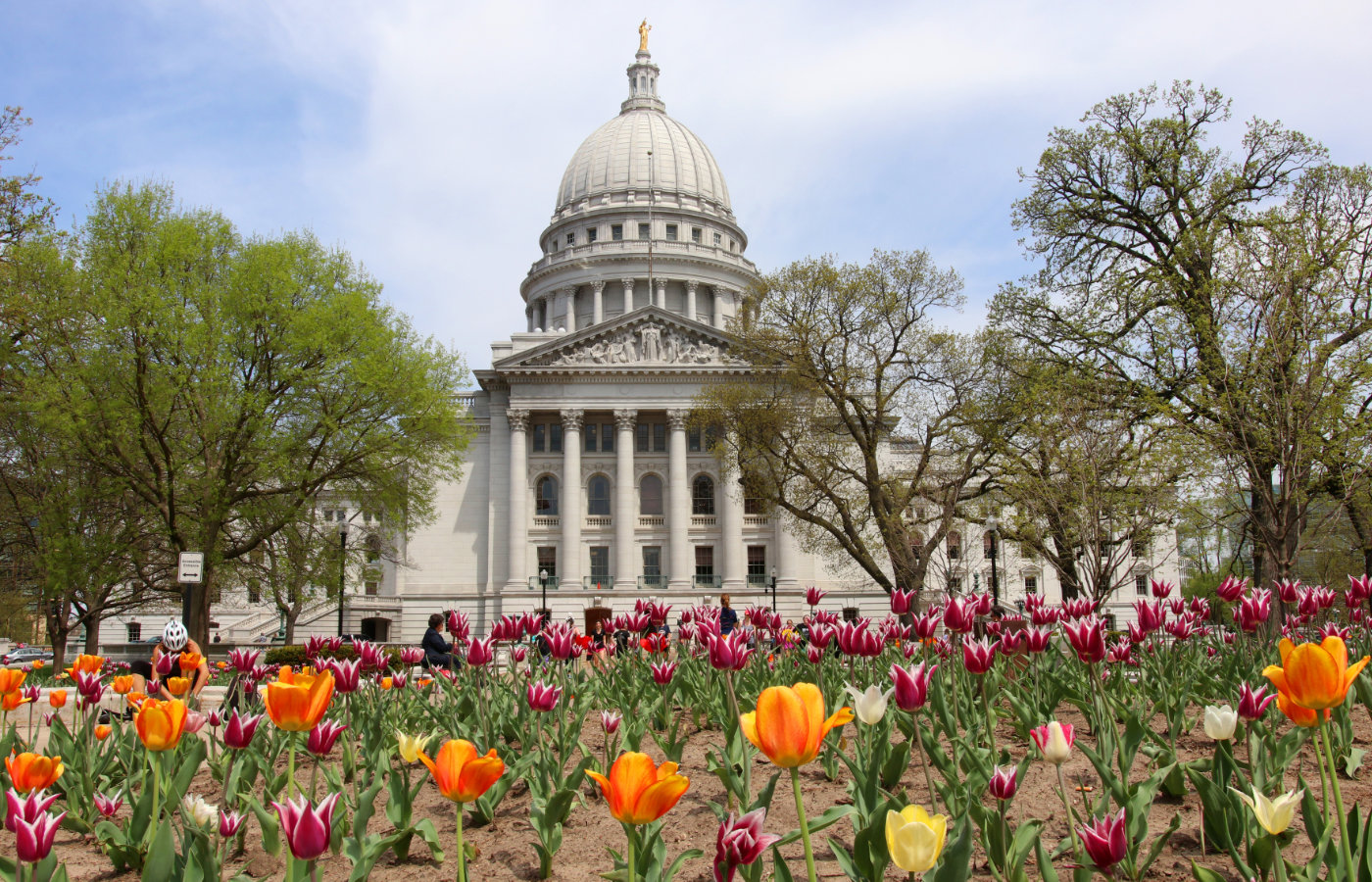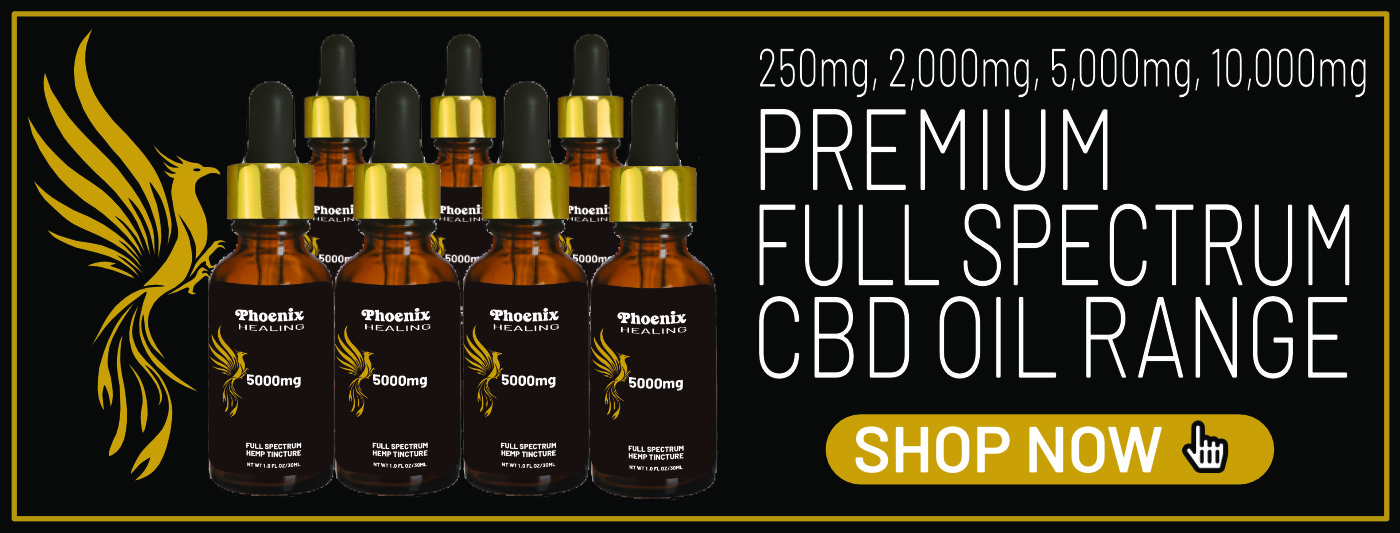Can CBD Oil help ?
Frequently Asked Questions about CBD
We are always adding to and curating our Frequently Asked Questions - if you can't find the answer to your question feel free to ask us.
550+ compounds, 100+ Phyto-cannabinoids, 700+ varieties!
There are more than 550 chemical compounds in cannabis. Over 100 phytocannabinoids have been identified, including Δ9-tetrahydrocannabinol (THC) and cannabidiol (CBD) . Cannabis has over 700 varieties that contain hundreds of compounds, including cannabinoids and terpenes.

Hemp Trichombes under microscope
What is Hemp CBD Oil (Cannabidiol) & what are its benefits?
Hemp / cannabis derived CBD Oil (Cannabidiol) is a powerful non-psychotropic phytocannabinoid (plant compound) which can be found in varying amounts in Cannabis Indica, Cannabis Ruderalis and Cannabis Sativa. Cannabidiol has become known for its potential neuroprotective, antioxidant, and anti-inflammatory properties and benefits that may extend to helping many significant health issues.
CBD is a phytocannabinoid primarily obtained from the Cannabis sativa plant. Unlike its relative tetrahydrocannabinol (THC), CBD does not activate CB1 receptors in the brain and therefore lacks psychotropic effects. CBD is thought to work on the G-protein coupled receptor, endothelial cannabinoid receptor, and serotonin-1A receptors, among others.
Our growers have focused on creating hybrid strains that are high in CBD and low in THC, the compound that produces the ‘high’. The CBD component accounts for at least 40% of the total cannabinoids extracted from the plant. CBD may prove to be effective as an alternative or complement to conventional drugs, treatments and therapies.
Along with CBD (Cannabidiol) our full extract products contain amounts CBD, CBG, CBN, and CBC; plus Terpenes, Phenols, and Flavonoids, all of which contribute to the so called entourage effect.
Cannabidiol (CBD) is one of at least 113 active cannabinoids identified in cannabis. It is a major phytocannabinoid, accounting for up to 40% of the plant’s extract. CBD is considered to have a wide scope of potential medical applications – due to clinical reports showing the lack of side effects, particularly a lack of psychoactivity (as is typically associated with ∆9-THC), and non-interference with several psychomotor learning and psychological functions.
When buying CBD Oil online you can use our Checklist which will help you understand what to look for in products so you can purchase with confidence.
ID 260655056 © Alexandr Muntean _ Dreamstime.com

Hemp Trichomes under electron microscope
Hemp versus Cannabis
What is the difference?
Lets start by first clarifying - it's all cannabis. There is Cannabis Sativa, Cannabis Indica, (both higher in THC) and Cannabis Ruderalis, which tends to be thought of as a sub-species and is quite low in THC when compared to Indica and Sativa breeds.
Marijuana is a slang word for cannabis from the early part of the 20th century which has been greatly used and misused when referencing high THC cannabis. It's a word that probably should be allowed to die out quietly and disappear from the modern vernacular. The term 'Medical Marijuana' has been adopted and is nowadays commonly used to refer to patented cannabis formulations sold by drug companies that are generally only available from a pharmacy with a doctors prescription.
Subject to international interpretation (and depending on the jurisdiction) hemp is generally defined or understood to be cannabis that is low in THC. There is some variation in the percentage of CBD content that distinguishes hemp from cannabis from country to country. Mostly the THC content is required to be below 1% and generally be somewhere between .2% to .5%.
To be clear though, just because hemp has low or even zero THC does not necessarily make it legal. In many countries low or no THC doesn't mean anything - its all cannabis so its illegal!
Cannabis laws are being tested and evolving rapidly across the world making things a bit confusing at times. We try to keep up with the ever-changing legislation and have provided some information on each of the countries and regions we ship to which may help. However please be aware that although the information provided is from reliable and legitimate sources we cannot guarantee its accuracy and currency.
Each jurisdiction has it's own particular and sometime complicated view of cannabis THC and hemp derived CBD however our primary concern is the legal status of hemp derived CBD products.
It remains ultimately your responsibility to check the laws in your own country to know if CBD products are legal to import.
CBD Regulations - US States
 Cannabis and Cannabidiol (Hemp CBD Oil) in the US - 2024
Cannabis and Cannabidiol (Hemp CBD Oil) in the US - 2024
CBD, short for Cannabidiol, is a non-psychoactive compound found in the cannabis plant. CBD is legal at the federal level as long as it contains less than 0.3% THC, however the legality of CBD differs by state.
States where CBD is fully legal include Alaska, Arizona, California, Colorado, Connecticut, the District of Columbia, Maine, Massachusetts, Michigan, Montana, Nevada, New Jersey, New York, Oregon, Vermont, Virginia, and Washington.
CBD is conditionally legal in the remaining states, meaning that it is legal under certain conditions e.g for medical use or with a prescription, but otherwise illegal.
States in the West and Northeast tend to have more relaxed laws on CBD, with more states fully legalizing its use. States in the South and Midwest tend to have stricter laws on CBD where they have only conditionally legalized it. However, there are exceptions in both regions regarding CBD legislation. For more information on US and state by state status of CBD and Cannabis visit https://norml.org

LEGAL
LEGAL w MINOR RESTRICTIONS
LEGAL w RESTRICTIONS
- Idaho (Must contain 0% THC)
- Kansas (Zero %THC only)
- Louisiana (Only topicals and tinctures with less than 0.3% THC)
- Mississippi (Strict specifications on possession amount and cultivation is illegal)
- Missouri (Must be diagnosed with epilepsy and apply for hemp card)
- North Dakota (Must contain less than 0.1% THC)z
Wisconsin State Laws - CBD / Cannabis
Is CBD Legal in Wisconsin?
Yes - cannabidiol (CBD) products, including CBD oil / tincture, are legal in Wisconsin. In 2014 Wisconsin enacted Assembly Bill 726 (Lydia's law) to allow the use of (zero THC) CBD to treat seizures with physicians' recommendations. The law was subsequently expanded to allow licensed physicians to recommend CBD to treat any medical condition. Act 100 in 2017 saw the legalization of industrial hemp in the state thus allowing people 18 years and older to use hemp-derived CBD products.
What are Wisconsin CBD Laws in 2024?
In 2014 Wisconsin passed AB 726 permitting the use of non-psychoactive CBD to treat different forms of seizure. The law enabled doctors to issue certifications allowing patients to possess and use CBD. These certifications provided exemption from prosecution for possessing marijuana-derived CBD. In 2017, Act 4 empowered licensed physicians in in Wisconsin to determine which medical conditions would qualify for treatment with CBD. The law did not require medical marijuana cards for patients. All that is required is a physician’s certification to allow a patient to use CBD.
Act 100 in 2017 saw Wisconsin establish a pilot hemp program. The Act was introduced prior to the Agriculture Improvement Act which came with the 2018 Farm Bill legalizing hemp in the U.S. Until the 2018 Farm Bill became effective hemp-derived CBD was legal in the state but could not be taken across state lines The Act gave the Wisconsin Department of Agriculture, Trade and Consumer Protection (DATCP) the power to administer and license hemp production in the state.
In 2019 enacted Act 68 in to align the state hemp law with federal hemp laws to comply with the 2018 Farm Bill. Wisconsin legalized the cultivation, distribution, processing, and possession of hemp and hemp products, including hemp-based CBD. Act 68 followed 2018 Farm Bill definition of hemp as a cannabis plant with a THC content not exceeding 0.3%. Wisconsin has no limits on the possession of hemp-derived CBD products and does not require recommendations from physicians. On December 31, 2021 DATCP transferred the responsibility of issuing hemp cultivation licenses to the United States Department of Agriculture (USDA).
What are Wisconsin CBD Possession Limits?
There is no limit on the amount of CBD products Wisconsin residents can possess. Wisconsin residents may possess any amount of hemp-derived CBD oil. Patients with doctors' certifications may possess any amount of non-psychoactive, marijuana-derived CBD products. Although there are no age restrictions for possessing hemp-derived CBD products in the state, most CBD stores will not sell CBD products to people under 18 years. Patients under 18 years cannot buy or possess non-psychoactive CBD in Wisconsin.
Can Doctors Prescribe CBD Oil in Wisconsin?
Doctors may recommend CBD oil as a treatment for any medical condition. The Wisconsin Assembly Bill 726 law initially limited the use of CBD oil to the treatment of seizures but in 2017 was expanded to cover any medical condition a physician believes will respond to CBD. Wisconsin-licensed doctors can recommend CBD products patients if they feel their medical condition will improve from the use of CBD.
How Old Do You Have to Be to Buy CBD in Wisconsin?
Hemp derived CBD is legal for all Wisconsin residents regardless of age however CBD stores usually limit sales of CBD to persons aged 18 years and older. On the other hand only persons aged 18 and over may buy non-psychoactive, marijuana-derived CBD and then only with a doctors certification.
What are the Licensing Requirements for CBD in Wisconsin?
Those wishing to cultivate hemp in Wisconsin are required to obtain hemp production licenses from the United States Department of Agriculture (USDA). Hemp processors in Wisconsin do not need licenses to produce hemp products, including CBD products.
The Department of Agriculture, Trade and Consumer Protection in Wisconsin provides labeling instructions for hemp products, including CBD products. The following must be shown on the labels of CBD products:
- The content of the product must be displayed on the principal display panel of the product label
- The name of the manufacturer, processor, or distributor and their connection to the product
- The business address of the manufacturer, processor, or distributor
- The net quantity of contents in the appropriate unit of measure. It must be displayed conspicuously in the bottom 30% of the display panel
Does CBD Show Up on Wisconsin Drug Test?
Standard drug tests in Wisconsin are designed to detect THC metabolites - they do not test for CBD. Hemp-derived CBD will not show up in most drug tests, as they contain 0.3% THC or less. Marijuana-derived CBD or CBD products with unreliable THC content readings may return a positive result. Ypu should only consume third-party, laboratory-tested CBD products like ours to avoid failing a drug test in Wisconsin.
Where to Buy CBD in Wisconsin
Wisconsin residents may purchase hemp-derived CBD products, including CBD oils and tinctures, over-the-counter at health shops, stores, dispensaries, gas stations, and wellness centers.
You can also shop for CBD oil (tincture) from online stores like ours. We deliver CBD oil products to Wisconsin including 10,000mg, 5000mg, 2000mg, 250mg tinctures & 1500mg Balm.
About Wisconsin

Wisconsin Population & Culture
Brief History & Current Culture
The area now called Wisconsin was first inhabited by various Native American tribes including the Chippewa, Menominee, Oneida, Potawatomi and Ho Chunk (Winnebago) tribes who lived in the area until the late 1800s. The first European explorer to reach Wisconsin was Jean Nicolet who found the area whilst searching for the Northwest Passage to China in 1634. As a result, France claimed Wisconsin as part of its New World territories in 1672.
Explorer Father Jacques Marquette wrote in 1673, "The river on which we embarked is called 'Meskousing'. It's very wide, it has a sandy bottom." Spelled in different ways, this name was used for the region surrounding the river. The present spelling, "Wisconsin," was formalized in 1845.
Wisconsin was part of the territory ceded in 1763, by France to Great Britain under the Treaty of Paris. British relinquished their claim to Wisconsin some twenty years later for it to become a part of the United States of America.
The Northwest Ordinance (1787), made Wisconsin part of the great territory north and west of the Ohio River from which Ohio, Indiana, Illinois, Michigan, and Wisconsin were created.
The Wisconsin territory was created in 1836, to include what are now the states of Wisconsin, Iowa, Minnesota, and parts of the Dakotas. The first territorial legislature met at Belmont about 5.5 miles northeast of Platteville. The two story frame building and grounds surrounding the first state Capitol are now a state park.
In 1848, Wisconsin became the 30th state to join the Union. The present Capitol building in Madison was erected between 1906 and 1917 and is the third one built on the site.
A contemporary commentary..
"Today the German and Scandinavian cultures tend to have something of a collectivist and "every man" bent, which have been ingrained into our state culture as well. The lack of "fire and brimstone" preaching, as well as the rural lack of diversity) tends to foster a "beer hall" sense of community as opposed to a "congregational/sectarian" sense that you get in the bible belt.
In Wisconsin you can wear whatever you want, you are only likely to get comments if you wear the wrong jersey or dress too well, and Catholic or not you keep the fish fry holy and order your old fashioned. Normal in Wisconsin is not normal anywhere else, and definitely prides itself on middle-class humbleness. (reddit)
Attractions & Points of Interest
Wisconsin has incredible natural landscapes including wildlife refuges and state parks. The Greater lakes are ideal for hiking and watersports. The beautiful Wyalusing State Park has lots of cliffs, bluffs and waterfalls, and offers a wonderful view of where the Wisconsin and Mississippi Rivers meet.
Vernon County offers a different cultural experience at the big Amish settlement where you can buy furniture and fruit and veg and chat to the Amish community. The Teliesin Estate, once owned by architect Frank Lloyd Wright, has a visitor center and tours. Breweries and wineries can also be enjoyed throughout the region.
Madison has a great history and has a fair amount of attractions. Baraboo, about 45 min north of Madison, has Devils lake and Circus World. An hour or so west of Madison is Bew Glarus (little Switzerland and the brewery), Spring Green (Teliesin Estate) has Frank Lloyd Wright’s works and house on the rock..
Name a Wisconsin city and there's always something to do. Wisconsin Dells, LaCrosse, Eau Claire, Green Bay, Lake Geneva, Minocqua, Eagle River, Hartford/Slinger, Port Washington, Viroqua (and the Driftless Valley in general), Oshkosh, Sheboygan, anywhere in Door County, Ashland/Bayfield area - all worth a visit.
Industry & Commerce in Wisconsin
Geography & Terrain
Wisconsin is located between the Great Lakes and the Mississippi River, is home to a wide variety of geographical features. The state can generally be divided into five distinct regions—Lake Superior Lowland, Northern Highland, Central Plain, Western Upland, and Eastern Ridges & Lowlands.
To the east of Wisconsin is Lake Michigan and the western border is the Mississippi River on the west. A line placed across the map through the prairies by surveyors in 1832 divides Wisconsin from Illinois. In 1847 Another line divided the state from Michigan's Upper Peninsula. The shore of the lakes eastern border is low, sandy and marshy with very few harbors deep enough to handle large ships. Wisconsin's western border is marked by immense bluffs overlooking the Mississippi with steep ravines. To the south the border crosses flat, fertile land with shallow rivers. The northern state boundary goes through dark forest, high wetlands, and lakes.
The rich prairie becomes more hilly from the east to the west in southern Wisconsin. Madison has few large tracts of level land to the west. The northern forest is very dense to the center of Wisconsin and grows thinner southward, and then gives way to open lands past Green Bay and Prairie du Chien.
Wisconsin Map
We ship to over 60 countries internationally and all US states.
Follow the links in the drop-down menu to read about specific national and state / provincial CBD & Cannabis laws and regulations.










